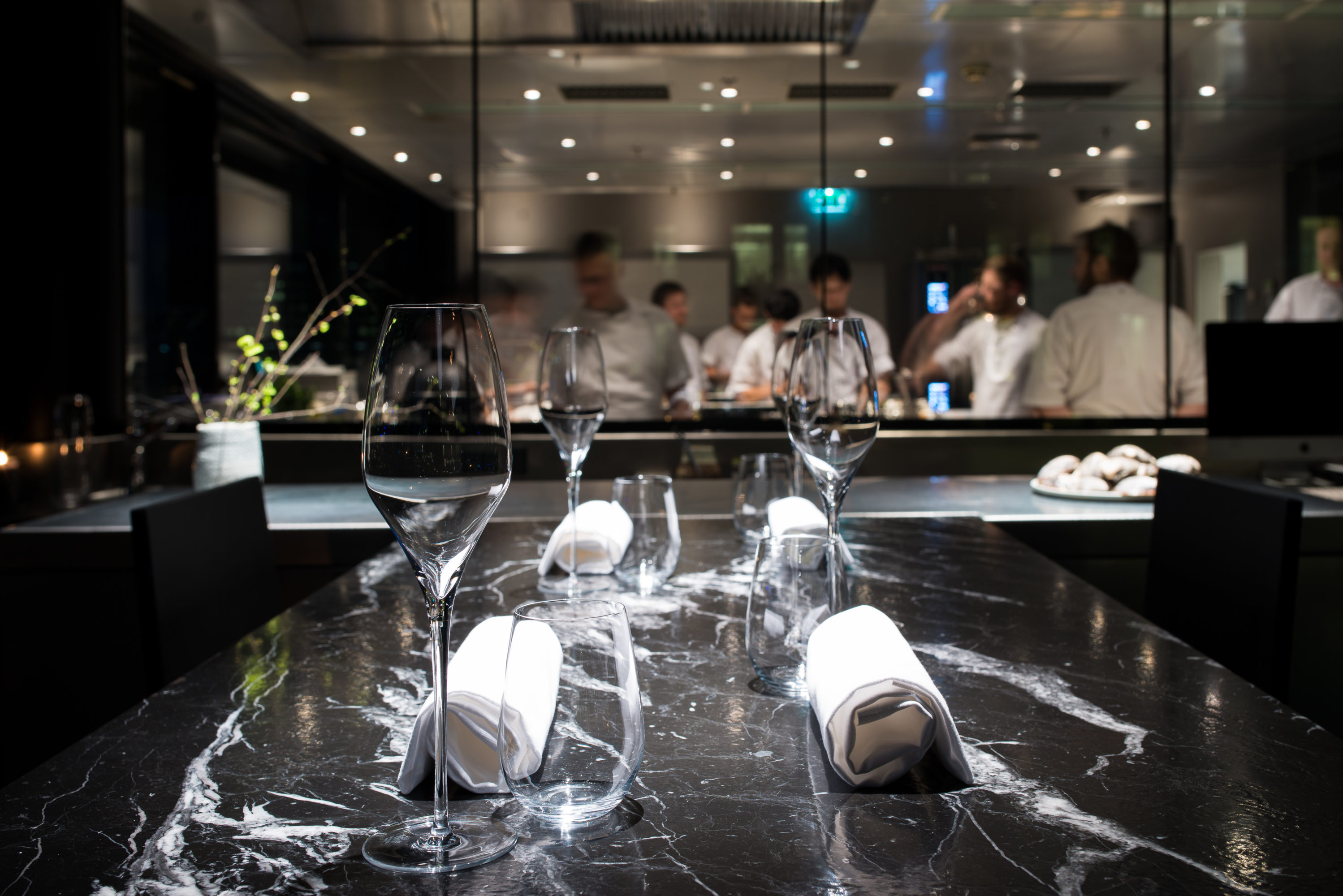Chef Q&A: Maaemo’s Success Starts With Its Staff

Photo Caption: Chefs prep for service at Oslo, Norway's Maaemo.
Skift Take
Bang respects but rejects today's celebrated chef culture, however, his commitment to the essentials and transparency around his decisions have (rightly) exalted him and Maaemo to the role models they are today.


